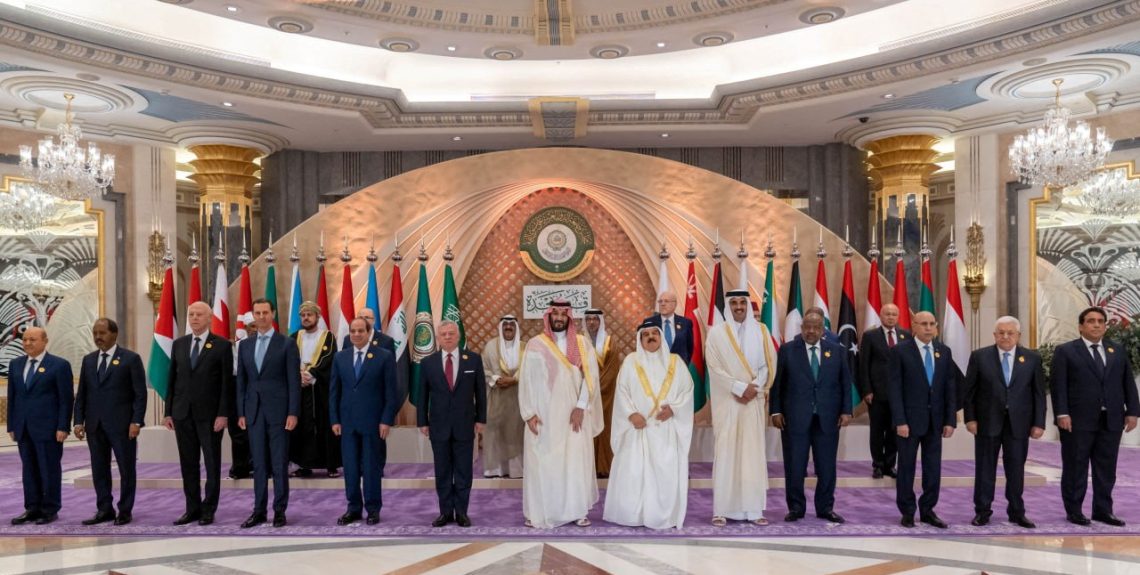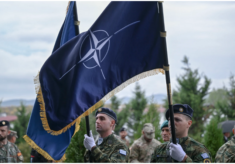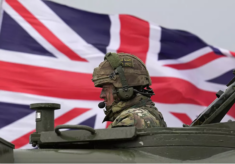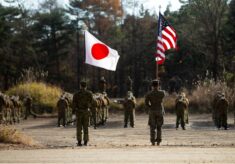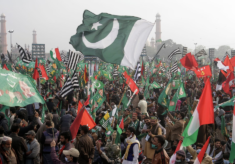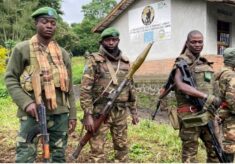Jeddah’s 32nd Arab League Summit was held in a troublesome scenario, following the outbreak of the Covid-19 pandemic, the ongoing Russia-Ukraine war and the recent historical Saudi-Iran rapprochement deal brokered by China, while important political and economics parameters are still orienting the Arab region’s politics and geopolitics.
Jeddah’s Summit (19 May), an ordinary summit preceded by an extraordinary summit (the 31st Arab League Leaders Summit on 1-2 November), which was full of symbolism and hope. It was the Algeria’s fourth Arab League summit, organized since the country’s independence in 1962. The resolutions of the promising Algiers’ Summit held Arab leaders accountable to restore the broken Arab house and carry out deep structural reforms of the Arab League in a turbulent world.
The expectations and the stakes were high at Jeddah’s Summit. The final communiqué of the twenty-two Arab leaders did address tensions between Israel and Palestine, the conflict in Sudan, the Yemen peace process, and Syria’s return to the Arab League, that hopefully will contribute to the country’s stability and reunification.
But in the reunification practice is the rub because, if leaders have been struggling in ending the intra-Arab multiple crises, they continued to show division due to incoherent positions and resolutions. Usually, the Arab street is used to more dissension and quarrels, while these summits are forums of Arab leaders where disagreement is muffled; at the seam time they are considered a less relevant forum where it is not meaningful to discuss the chronic questions that have turned into incurable diseases. Many Arab leaders either boycott them or send low-profile figures. How would be in practice these resolutions implemented? It depends on the political will of the main and powerful Arab leaders’ sense of polity.
This time the summit organiser and chairman, Saudi Crown Prince and Premier Mohammed ben Salman did surprise Arab leaders with a special non-Arab guest speaker, President Zelensky who dared to challenge the attendees on turning a blind eye to Russia’s invasion of Ukraine — an invitation that sounded and resulted in another layer of discord burdening the already irrelevant Arab “integration” organization.
Thus, Jeddah’s summit did not follow the Algiers summit that showed confident and tangible resolutions. Unfortunately, symbolism takes over substance like the 1973 and 1988 Algiers’ summits, that upheld the narrative of Arab solidarity and unity. On the one hand this gave, nonetheless, a strong diplomatic credibility to Algeria as a serious regional and international mediator on substantial questions, but on the other the follow-up was disappointing.
There are many important issues need to be tackled, in a menu including:
the Palestinian factional reconciliation process;
the Lebanese institutional and financial crisis;
the civil war in Syria and the thorny issue of Syrian refugees;
the political uncertainty in Iraq;
the political and security vacuum crisis in Libya;
the political impasse in Tunisia;
the civil war in Yemen;
the socio-political situation and the two generals’ war in Sudan;
the Nile Dam dispute between Sudan, Ethiopia, and Egypt;
the dynamic of the permanent tensions between Algeria and Morocco, and finally
the new vision of Arab economic and military integration process in a very complex featuring Arab pivotal States tackling to the role of the non-Arab dominant triangle in regional politics and geopolitics: Ankara, Tehran, and Tel-Aviv.
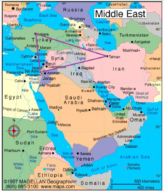
In terms of Arab common security policy imperatives, it should be looked at, regional tensions involving Iran challengers. Do Arab leaders have a policy towards Tehran? Why some Arab countries like the Syrian regime are still complaining about Türkiye? Where does the normalisation train with Israel stop? On the last question, the return of Netanyahu and the far-right fringe groups to power in Israel will complicate further the Israeli-Palestinian conflict’s dynamic and the 2002 Beirut Initiative, Arab leaders calling for the establishment of an independent Palestinian State according to the 1967 borders with East-Jerusalem as its capital.
The Arab League still is unable to resolve any inter-Arab conflict; it risks to appear more and more as the Arabs’ League of Nations. Arab leaders are objectively split into axes and alliances and this disunion is progressively eating the body of the Arab lands, adding more chaos and anarchy.
From Muscat to Nouakchott there is a palpable fatigue of rhetorical resolutions of reunification and solidarity and a strong desire for concrete action to solve vital people’s demands and overcome present dissatisfaction.
Abdennour Toumi
Abdennour Toumi is a specialist on Maghreb at the Center for Middle East Studies (ORSAM) in Ankara and a free-lance journalist.

